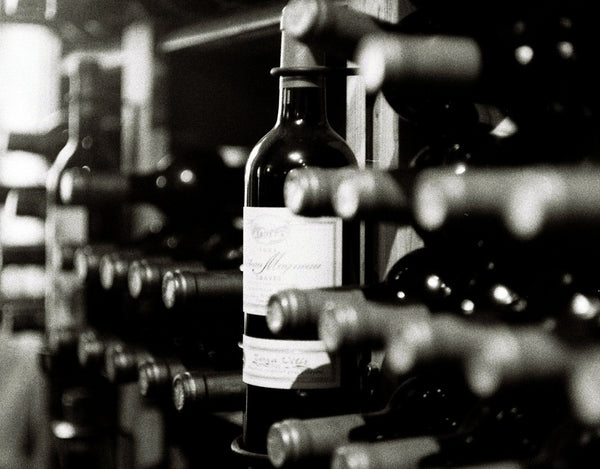
If desiring to further your wine knowledge, delving into wine tech sheets is an important undertaking. Provided by the vineyard that produces the wine, wine tech sheets yield much more information for the wine connoisseur than any commercial label provides.
Though perhaps confusing at first, once you understand the abbreviations and terms, reading a wine tech sheet becomes a breeze. For that reason we will go through the 7 main abbreviations that the fine wine lover should know to better understand the attributes of their beverage of choice.
Wine Tech Sheet Terminology
1. pH
Your wine’s pH level indicates how intense the acids in the wine taste. The lower the number, the more intense the taste. Each decrease in number indicates 10 times more acidity than the previous. For example, a pH of 5 has 10 times more acidity than a pH of 6.2. Acidity
The acidity level indicates the concentration of acids present. A low number indicates very low acidity – in other words, a flat-tasting wine (around 2 g/l), while a high number indicates high acidity and a sour taste (around 10 g/l). Average wines are between 4 g/l and 8 g/l. In general, total acidity is more powerful than pH, but at extreme levels the pH has its effect as well.3. Alcohol by volume
ABV (alcohol by volume) is the percentage of alcohol in your fine wine. Most wines range from 10-15%, though there are exceptions. Dry ports tend to be over 15%, and sweet Moscato d’Astis are under 10%, for example.Sweet wines will usually range between 8% to 9% alcohol, while dry wines will most commonly have between 11% and 13% ABV. You can read our full article on sugar in wine for more information about wine sweetness and how it correlates with ABV.
4. Malolactic fermentation
MLF (Malolactic Fermentation) tells you if the winemaker chose to change malic acid to lactic acid. The answer here is usually a yes or a no, most red wines going through MLF while and most whites do not. Malolactic fermentation usually occurs during oak barrel aging (see below).5. Residual sugar
The RS abbreviation in wine tech sheets stands for residual sugar, or the sugar left over after fermentation in the wine. It is a measure of a wine’s sweetness. Some very dry wines have no residual sugar at all.6. Brix
Brix measures the percentage of sugar in the original grape juice before processing into wine. It indicates percentage, so for example 22 Brix is 22% sweetness in the original grape.7. Aging
Maturation (or Aging) indicates the winemaker’s aging method, including the type of barrel used (either oak or stainless steel). Depending on the vineyard, some are very specific, and will even indicate the type of oak and how old the barrels were.Red wines tend to have more aging than white wines, to improve the taste and quality of tannins. White wines have less aging to preserve acidity and delicate aromas, which would otherwise be at risk of being reduced.
Stainless steel tanks preserve acidity and floral flavours, while smoothing out tannins. Oak barrels on the other hand allow oxygen into the wine, reducing the harshness of tannins while imparting flavour compounds. They also allow for more evaporation to give the remaining wine a higher alcohol percentage.
Where to Find Your Wine Tech Sheet?
You can contact the wine producer to obtain the wine tech sheet. Most fine wine merchants have tech sheets for their offerings, and will be happy to provide them upon request (or obtain them for you).While wine tech sheets do not necessarily indicate the quality of your fine wine (nor your potential enjoyment), they do provide essential information that will allow you to better understand the intrinsic characteristics that make your preferred fine wine taste the way it does.
If you need assistance in selecting the perfect wine (be it for investment purposes or personal enjoyment), our fine wine experts will be happy to assist. Please have a look through our online wine shop for a rich selection of the world’s best, or contact us today for a prompt response to any fine wine related questions you may have.
Facebook,Twitter,Linkedin,Pinterest,Google+,Moncharm
Image source: Flickr
No comments:
Post a Comment